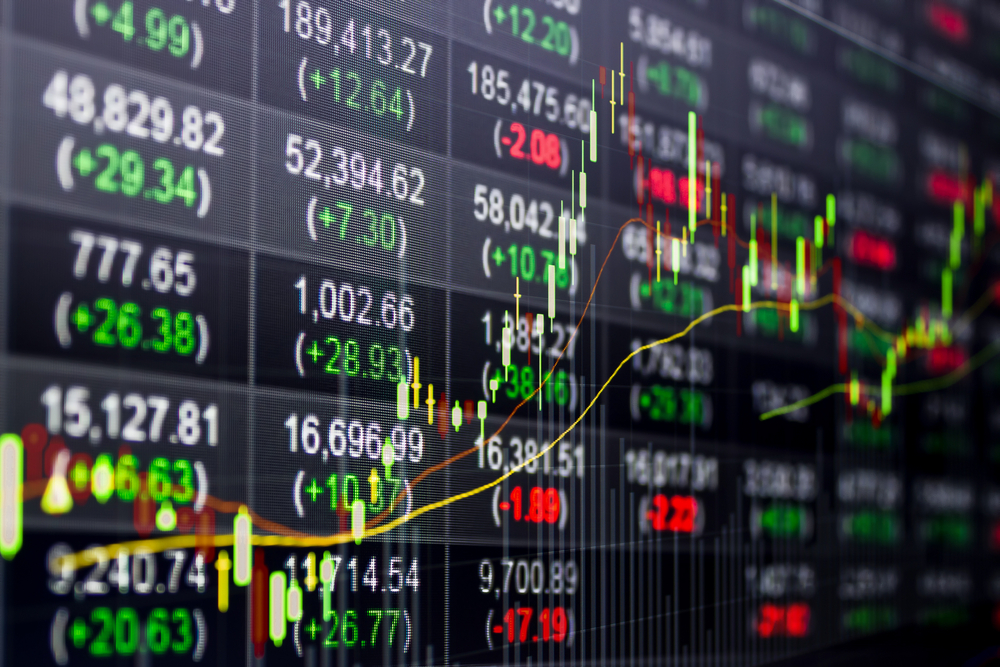Market Showing Upward

As the characters of capital in the domestic stock market has converted from active to passive, KOSDAQ-listed companies that have transferred to the benchmark Korea Composite Stock Price Index (KOSPI) market are showing an upward trend. This is because the inflow of index capital into KOSPI 200 companies is increasing rapidly. Moreover, the recent stock market sees the price of its new listed companies’ stocks are rising.
According to the Korea Exchange (KRX) on November 12, Kakao shares closed at 152,500 won (US$136.17) on the Seoul bourse on the 10th, recording more than 50 percent of earnings rates after transferring from the KOSDAQ to the KOSPI market on July 10.
The KRX said the average earnings rate of 46 companies that transferred from the KOSDAQ to the KOSPI market in the first 6 months was a mere 0.3 percent. By contrast, Kakao showed an overwhelming profit after three months of the relisting as the company’s stock prices increased more than 50 percent. The figure is still very high compared to 8.3 percent of the annual average earnings rate of KOSPI 200 companies that transferred from the KOSDAQ market.
Kakao showed growth, propelled by the improvement of supply and demand as the market has become passive. According to financial information provider FnGuide, passive funds accounted for 32.26 percent of total domestic public-offering equity funds as of October, hitting an all-time high. The earnings rate of passive funds in the index growth reached 29.48 percent, far surpassing active funds with 17.64 percent so passive funds have attracted most of capital from investors. When passive funds have a higher percentage, capital of index funds that follow the index grows. Therefore, companies that are included in the KOSPI 200, like Kakao, faces a momentum for the rise in stock prices owing to the improvement of supply and demand. For instance, the stock price of Celltrion, which is to transfer to the KOSPI early next year, rose nearly 22 percent after September 22 when the company decided to transfer from the KOSDAQ market.
Not only companies that have transferred from the KOSDAQ but also newly listed companies are putting up a good show on the stock market. According to the KRX, the average earnings rates of six companies – one on the KOSPI and five on the KOSDAQ – that have entered the stock market after October, came to 78.5 percent, reaching nearly 80 percent. Sangshin Electronics, which was listed on the KOSDAQ market on the 16th, saw its stock price show the highest increase of a whopping 133.1 percent compared to its offering price, while the stock price of TissueGene, a subsidiary of Kolon Group, grew as much as 89.6 percent.


